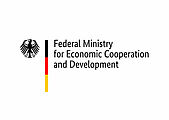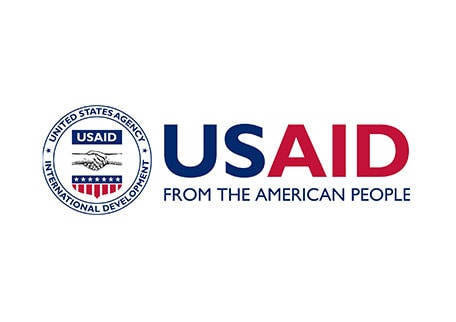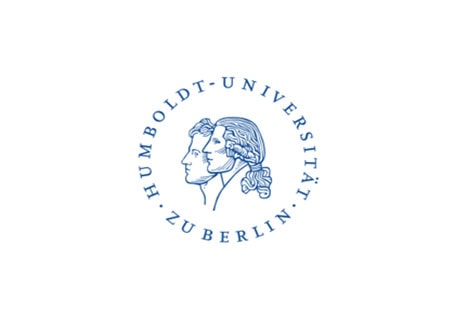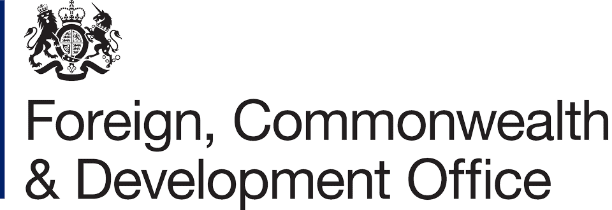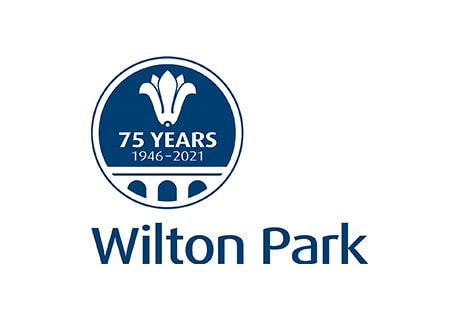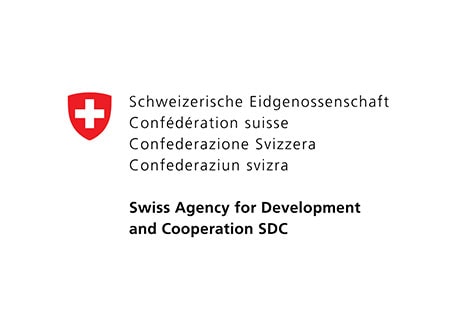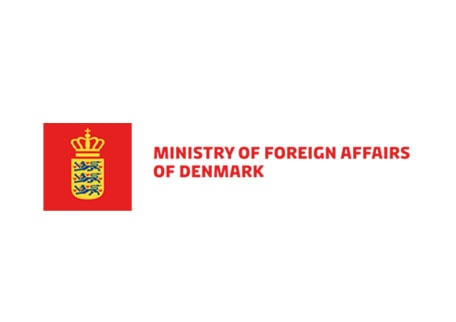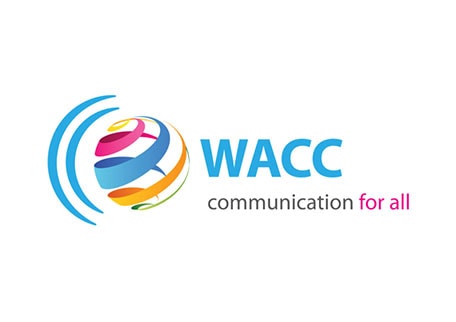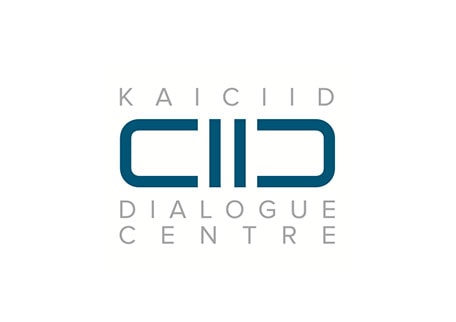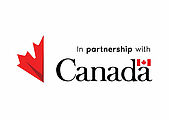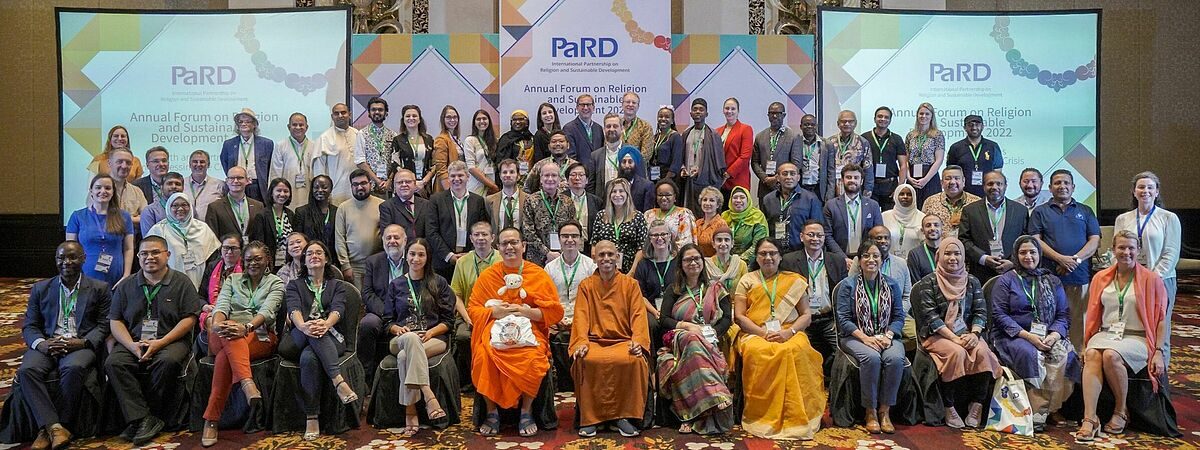
PaRD’s Mission and Vision
Mission
The International Partnership on Religion and Sustainable Development (PaRD) convenes governments, multilateral entities, academia as well as religious, traditional, Indigenous and other civil society actors in a safe space that provides continuity for dialogue, learning, and collaboration to better inform policy and practices in achieving the Sustainable Development Goals (SDGs) of the 2030 Agenda.
Foundation, Priorities & Principles
The SDGs set the foundation of PaRD’s work. With the SDGs, 193 countries have set 17 goals to ensure a better life for all, end poverty, protect the planet, and ensure peace and well-being for everyone. PaRD currently concentrates on Food Security (SDG 2), Health (SDG 3), Gender Equality and Empowerment (SDG 5), Environment, Water and Climate Action (SDGs 6, 13, 14, 15), Sustaining Peace (SDG 16) and Freedom Religion and Belief (FoRB).
Through PaRD’s Workstreams and Taskforces, members and interested partners collaborate and gather evidence about the positive role of faith actors in sustainable development. Together, concepts are created for conferences, seminars, guidelines, briefing materials, and learning resources.
Vision
Religious, spiritual, indigenous, and traditional values and wisdom influence the thoughts and actions of billions of people and inspire organisations and initiatives around the world. Significant contributions to sustainable development and humanitarian aid are made through the unique knowledge, resources, and networks of these actors, who reach even the most remote corners of the globe.
PaRD is a diverse global hub, fostering the engagement of governments, multilateral entities, academia as well as religious, traditional, indigenous and other civil society actors for measurable contributions to humanitarian aid and the SDGs.

